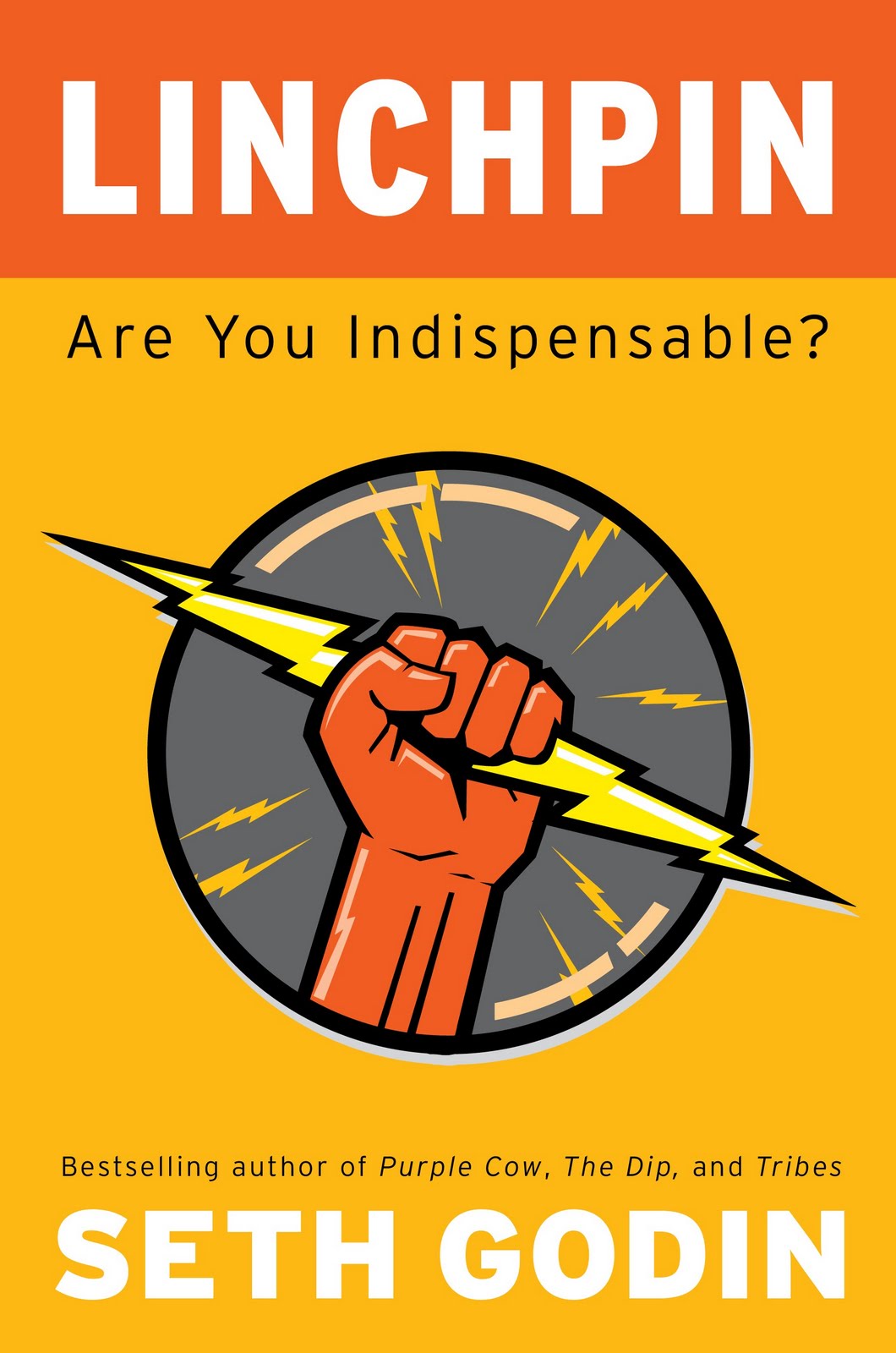Estimate time to read this page: 3 – 4 minutes
Edition Reviewed: Audible Audiobook
Recommendation: Read it. Skip the Audiobook.
It seems like there were a lot of books about decision-making on the market a couple of years ago (Predictably Irrational, The Art of Deciding, Blink, etc.). After Mr. Lehrer appeared on a few episodes of my favorite public radio program, RadioLab (Sorry Ira, Jad’s my homie.), including my favorite episode (Choice, Nov. 2008), I decided to pick up the audiobook of How We Decide to listen to while I did yard work, and maybe acquire some insight into our decision making process while I was at it. After all, a big chunk of what I spend my time doing, both as a designer and as a business owner, is helping people make decisions. Hopefully well-informed decisions to choose me and my clients’ businesses. You get the picture.
Unfortunately, the book almost lost me in the beginning.
I’ll remind you, I was listening to the unabridged audiobook, so when I say the author spent a half an hour talking about Football, I mean that the recording I listened to took literally half an hour to get to the point about a thing I don’t care about. Maybe you’ll find the football stuff fascinating. For me it was a huge road bump.
The hypothesis of the first half of the book book seems to be, ‘People aren’t rational. We make decisions emotionally, to our own detriment.’ And this is where the book (and, if I’m honest, Mr. Lehrer’s other book too) falls short for me. He stops at this sort of childish conclusion that assumes that the reader doesn’t have any other context in which to synthesize the information he uses to build his case. Maybe that’s my real problem with the football stuff too. I know it’s a pop psychology book, but stop treating me like a child and get to the good stuff.
Throughout the book he stops short of real insight in favor of naive, “Emotions sure are neat-o” conclusions. This doesn’t mean I didn’t thoroughly enjoy the book. I did. There’s a reason that it’s the first book I’m reviewing on this site. It’s got a lot of really great info in it. The author just pulls up short of providing any real insight. If you’re willing to take the ball and run with it, you’ll find the information in it very useful.
One note on the audiobook: I’ve heard Mr. Lehrer on various radio shows, and he has a perfectly pleasant voice. He should be reading his own audiobook. The narrator, while not as obnoxious as many, detracts from the content of the recording. It’s clear on a couple of occasions that he doesn’t understand what he’s reading. It’s also kind of monotonous, in contrast to Mr. Lehrer, who is quite engaging and passionate when I’ve heard him speak.




